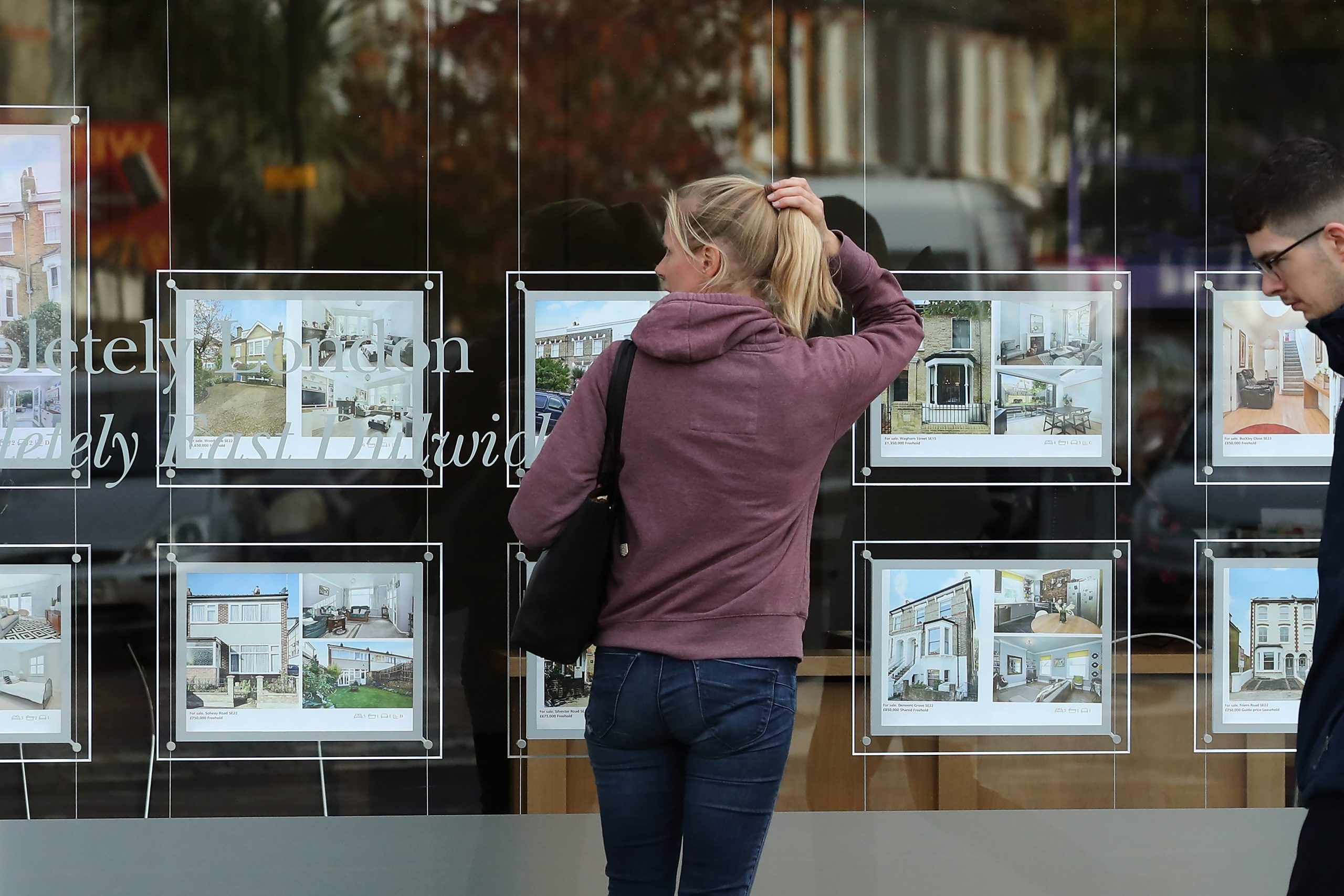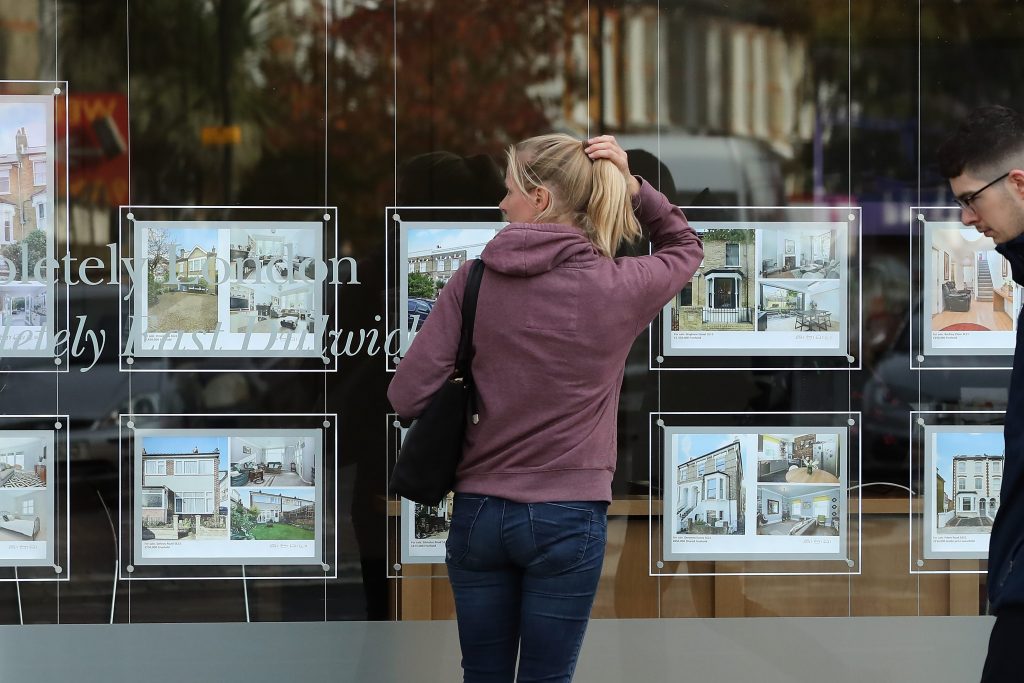
- Only 29% of Americans say it's a good time to buy a home in September, according to the University of Michigan.
- That's the smallest share since 1982, and signals soaring prices are slamming peoples' buying plans.
- Beyond homebuying attitudes, Americans are pessimistic on the US recovery as Delta cases surge.
- See more stories on Insider's business page.
Last year, everyone was excited to buy a house. This fall, they're pissed.
Just 29% of Americans said in September that it was a good time to buy a home, according to data from the University of Michigan's Surveys of Consumers. That's the smallest share since 1982 and close to record lows. The majority was excited about homebuying just months ago: 62% said it was a good time at the start of the year and 65% said so in March 2020, when the pandemic first slammed the US.
Last year's euphoria has curdled into a nationwide home shortage, largely thanks to widespread working from home and record low mortgage rates. The mismatch between supply and demand has driven home values to suffocating highs, particularly for those looking to buy their first house. It's been especially tough for millennials, who are entering peak homebuying years and have few good options. For instance, prices rose 18.6% year-over-year in June, according to the S&P CoreLogic US Home Price Index, marking a third straight month of record home inflation.
A rebound in home construction could cool the price surge, but contractors aren't rising to the occasion. Housing starts have hovered near pre-pandemic levels despite inventories still at historic lows. Economists expect Tuesday data to show new home starts climbing slightly in August to an annualized rate of 1.56 million homes. Yet that still pales in comparison to the annualized pace of 2 million homes needed to counter the shortage, according to the National Association of Realtors.
Economists at Fannie Mae lowered their forecast for 2022 home sales on Monday to -1.8% from -1.6%, thanks to soaring prices and poor new construction outlooks. For a healthier market to emerge, the country needs many more homes, they said.
"We believe home purchase demand is cooling somewhat as the housing market normalizes," the economists said. "Still, we continue to see the primary impediment to sales being a lack of homes for sale."
Not just homes, but cars and goods, too
Americans aren't just balking at home prices. Their outlook toward the entire economy is abysmal.
The University of Michigan's consumer sentiment index rose to 71 from 70.3 in an early September reading, bringing it just above decade-lows. And while the university's measure of future economic expectations improved, Americans' assessments of the current situation slid to the worst since April 2020.
Within the broad slump is a dismal outlook toward spending. Attitudes for buying durable goods - think appliances, electronics, and furniture - reached the most negative level since 1980, according to the university. Feelings toward buying vehicles also closed in on record lows.
Taken together, the gloomy attitudes show the American dream in tatters. Homes aren't affordable. Inflation continues to outpace wage growth, leaving Americans with eroded buying power after living through a historic pandemic. Settling down and building a life is costlier than ever, especially for millennials looking to replicate the cycle Gen X enjoyed before them.
Instead of cheering on the recovery, Americans are fearing another 2020-style COVID recession. Economic data has backed up their soured outlooks, and economists should anticipate slower growth in home sales and overall spending through the rest of the year, Richard Curtin, chief economist at the university's Surveys of Consumers, said.
To be sure, it's unlikely another COVID recession will emerge. Slower growth is still growth, and banks expect the economy to continue healing through the Delta wave. But as more millennials look to buy homes, the lack of affordable options stands to leave an entire generation struggling to climb the socioeconomic ladder.

